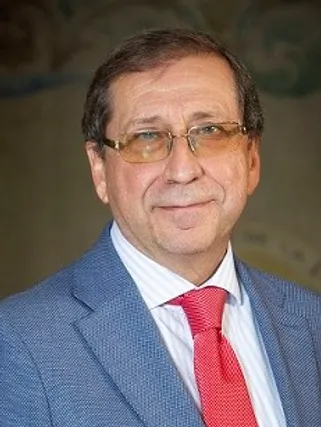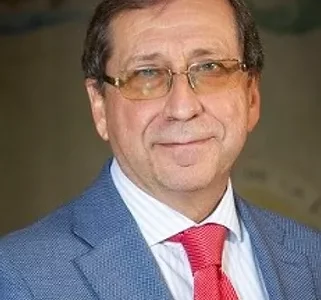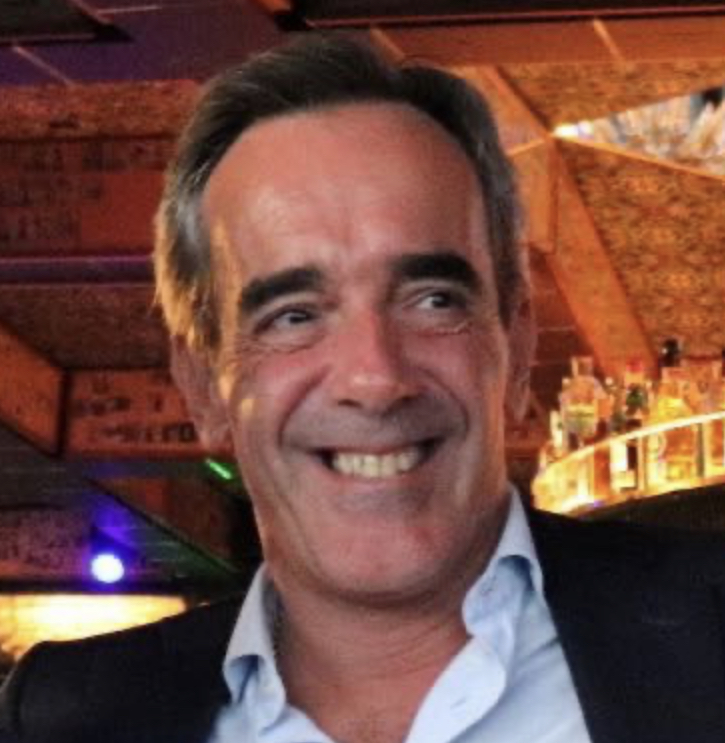LUIS AYLLÓN
REPORTING IN TIMES OF WAR

They attribute to Aeschylus that “in wars, the first casualty is truth.” It seems that U.S. Senator Hiram Johnson popularized it, in 1917, during the First World War. They are not wrong, but it is also true that those whose job it is to tell the truth are increasingly threatened and many have lost their lives for doing their job during a war.
Various press associations, especially Reporters Without Borders, are raising their voices to denounce this situation and, recently, the UN Secretary General, Antonio Guterres, lamented that “many journalists are paying with their lives to bring the truth to all”.
Last November 2 was the International Day to End Impunity for Crimes against Journalists and on that occasion, it was made known, in recent days, that since the war between Israel and Hamas began, 36 journalists have already died (31 Palestinians, 4 Israelis and one Lebanese). According to the Committee to Protect Journalists, which provided the data, this is the most lethal period since this organization began its reports thirty years ago.
Journalists working in war zones, especially photojournalists, are aware of the risk they are taking. This is why, first of all, an appeal must be made to the media that send them to cover conflicts in which, unfortunately, the victims number in the thousands, to provide them with the necessary protection and adequate medical and life insurance.
Those who go to these areas sometimes do so voluntarily, sometimes, as in the case of those who report from Gaza, because the battle is being fought precisely in the place where they normally do their work. But the fact that they know what they are facing should not prevent them from demanding respect for their lives from the combatants.
Article 79 of the Geneva Convention states: “Journalists in war zones shall be treated as civilians and protected as such, provided they take no part in hostilities”.
No government claiming to be democratic has the legitimacy to deliberately attack journalists or media facilities. Nor to hinder their ability to report by cutting off electricity, communications or the Internet. The war situation cannot be an excuse to put an end to freedom of information and, much less, to put an end to the lives of journalists.
Undoubtedly, the work of war correspondents has always been one of the most valued by society. And it still is. Perhaps it can no longer be said that, if they were not there, who would tell us what is happening? Today, anyone with a cell phone can transmit information through social networks.
Possibly, it is more useful to the contenders for their purposes that there are no professional witnesses of what is happening and that their terminals of the social networks are the ones that provide the information that each one is interested in.
We cannot get used to the fact that news reaches us only through these channels, where disinformation is rampant, where it is easy to accuse one or the other of horrible massacres and where there is an abundance of stories and, above all, shocking images, which have often been manipulated.
We journalists -certainly with our imperfections, but also with our profession- continue to be necessary to try to ensure that the information that reaches society is truthful. Neither truth nor journalists should be victims of wars.
Luis Ayllón is the Director of The Diplomat in Spain and First Vice President of the Madrid Press Association.
This text is free to use. If you plan to use it, please cite the author and EditoRed.



